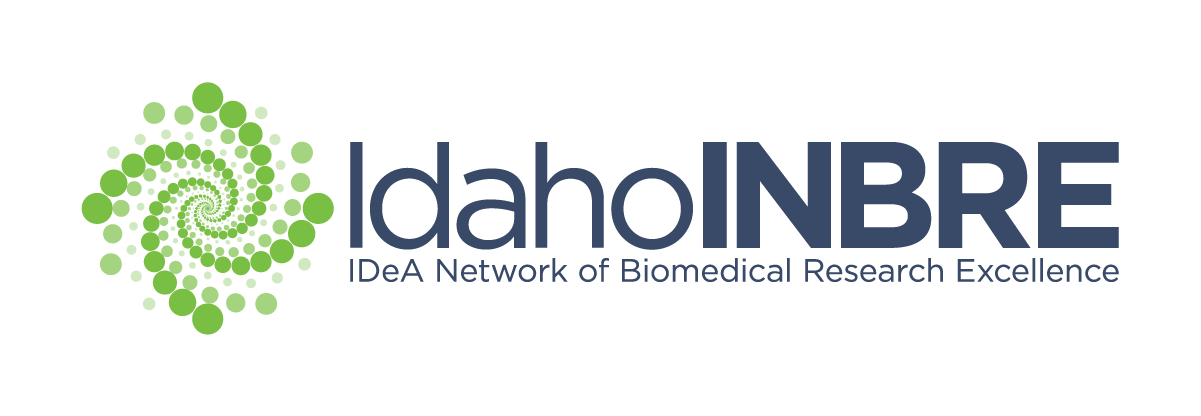
- Name: Ayokunle Hodonu, D.A.
- Institution: Northwest Nazarene University
- Department: Biology
- Phone: (208)467-8335
- Email: ahodonu@nnu.edu
Summary: Understanding uterine physiology from breeding to pregnancy can lead to many agricultural and medical advances and breakthroughs. Problems such as small litter sizes, infertility in humans and livestock, birth control, gestational diabetes, Polycystic Ovarian Syndrome (PCOS), can be better addressed by concerted investigation of hormonal and physiological factors that affect the uterus in early pregnancy. Our lab focuses on understanding and determining the optimal uterine conditions for embryo implantation, using the American mink (Neovison vison) as a biological model. We explore and investigate the different hormones that act on the uterus, the synthesis and mobilization of glycogen during early pregnancy and the underlying physiological mechanisms that facilitate reproductive success. We explore the role of hormones such as insulin (a traditionally non-reproductive hormone), if any during the reproductive cycle, its interaction with sex hormones, its possible effects on the mink uterus, and its role in glycogen metabolism.
To better understand the effects of these hormones on the uterus, our lab utilizes immortalized mink uterine epithelial cells (GMMe) to analyze the effects of ovarian hormones on insulin receptor expression. There is evidence that most of the glycogen in the uterus is accumulated in the luminal and glandular epithelial cells of the mink uterus (Rose et al., 2011; Dean et al., 2014). Thus, the use of immortalized cells allows us to further investigate how glycogen is stored and mobilized in the uterine epithelium. We use techniques such as Quantitative Polymerase Chain Reaction (QPCR) and Immunohistochemistry to investigate how these hormones interact and affect receptor expression in GMMe cells. We shall also examine the effect of these hormones on glycogenic and glycogenolytic enzymes during the reproductive cycle.
Minimum classes: General Biology 1 and 2; Recommended – Cell Biology or Genetics
Projects:
1. We shall explore the potential effects of insulin, progesterone and estrogen on immortalized epithelial cells over time. We shall aim to determine glycogen production by these cells, in culture, at different doses of hormones, over a period of time. To investigate this, we shall perform glycogen assays on these GMMe cells.
2. The effects of prolactin throughout the body have been well studied, but it’s role in glycogen metabolism during the reproductive cycle is undetermined. Using QPCR, Immunohistochemistry and Glycogen assays, we will explore the role possible effects on prolactin, its interaction with ovarian hormones, on glycogen in the uterus.



